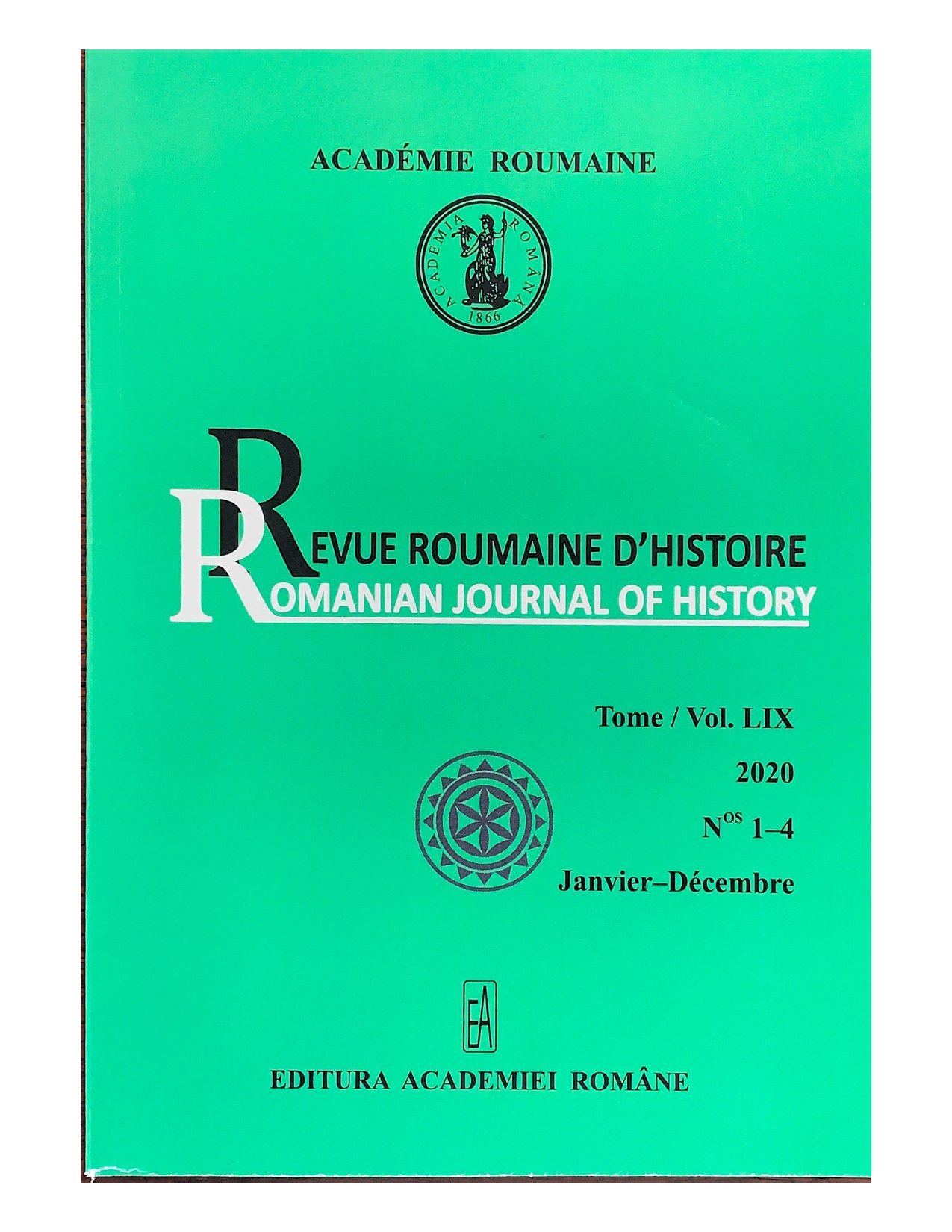The Trianon Treaty and Revisionist Political Mythology: Traditional and Recent Approaches
The Trianon Treaty and Revisionist Political Mythology: Traditional and Recent Approaches
Author(s): Florin AbrahamSubject(s): Diplomatic history, Political history, Pre-WW I & WW I (1900 -1919), Present Times (2010 - today)
Published by: Editura Academiei Române
Keywords: revisionism; Treaty of Trianon; Romania; Hungary; historiography; ethnic minorities;
Summary/Abstract: The study aims to analyze the phenomenon of the Trianon Treaty (1920) from the perspective of its use as a subject of political mythology. The research is chronologically structured, the epistemic object being the identification of functionsand dynamics of the political myth. The main hypothesis of the author is that the revisionist mythology created around the Trianon Treaty had the essential function of preserving the social status quo in interwar Hungary, and respectively to offer an ideological legitimacy to an authoritarian government after 2010. In order to prove this hypothesis, the author first analyses whether the conduct of the Paris Peace Conference justifies the accusation of “diktat,” which is the basis of the political myth. Then, the research presents the main elements of revisionist political mythology and how they were used by the Miklos Horthy regime. In the last part of the study the dynamics of revisionist mythology are presented, from the Cold War period to the time of the government of Viktor Orban. The conclusion of the research is that revisionist mythology has endangered peace and stability in Central Europe and produced countless tragedies, and therefore relationships based on realities, rather than on the ghosts of the past, are needed.
Journal: Revue Roumaine d’Histoire / Romanian Journal of History
- Issue Year: LIX/2020
- Issue No: 1-4
- Page Range: 93-126
- Page Count: 34
- Language: English

